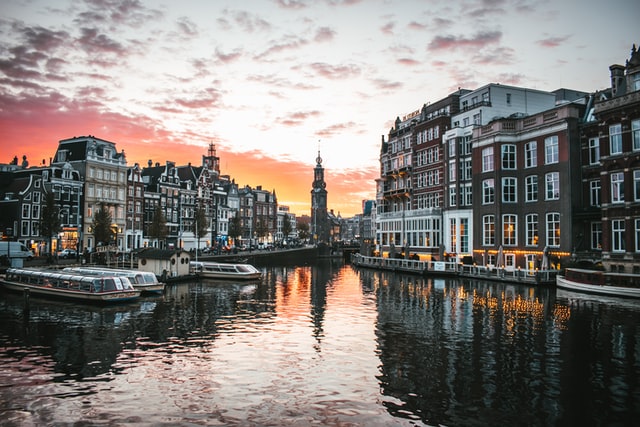Amsterdam to introduce integration course for expats
Amsterdam has approved a new plan that will require many internationals in the city to follow integration courses. The aim is to help newcomers feel more connected to the city, learn the language and take part in local life.
Amsterdam to introduce integration course for expats
Amsterdam has approved a new plan that will require many internationals in the city to follow integration courses. The aim is to help newcomers feel more connected to the city, learn the language and take part in local life.
The initiative, called Make Amsterdam Your Home, has been discussed twice before but only now passed, with 34 votes in favour and 8 against. It will include Dutch language lessons, classes on local culture and history, and practical sessions on everyday topics like traffic rules. There will also be introductions to neighbourhood clubs, volunteer groups and other community activities as well as events where newcomers can meet long-term residents. The exact details of the courses still need to be worked out.
The focus is expected to be on highly skilled migrants who move to the Netherlands for work under special residence permits. PvdA party leader Lian Heinhuis, who first proposed the plan, has pointed out the difference between refugees, who must follow compulsory integration courses, and expats with high salaries, who often benefit from perks like the 30 percent tax ruling. In her view, the same integration expectations should apply to both groups.
Employers will also share the responsibility. Large companies such as Booking.com and Adyen, which bring international staff to Amsterdam, will be expected to help cover the costs of these courses.
The decision comes as the number of internationals in Amsterdam has grown rapidly. Research agency Decisio reports that the figure has risen from 26,300 in 2010 to more than 90,000 in 2022, an increase of about 10 percent per year. These numbers don’t include family members, international students, or PhD candidates.
Many locals feel that some expats remain in an “international bubble”, not learning Dutch or getting involved in neighbourhood activities. Rising housing costs, shortages and income inequality are also linked to the growing international population which causes a lot of friction with the locals.
“Amsterdam is a city built on migrants, and that’s something we are proud of,” says Heinhuis. “But the increasing individualisation means we live more in separate bubbles, including internationals. We have to keep meeting each other.”
The hope is that these integration courses will help break down those bubbles, give newcomers more confidence in daily life, and create more opportunities for locals and internationals to connect whether it’s practising Dutch at the market, chatting in a café, or even learning the lyrics to old Dutch songs.